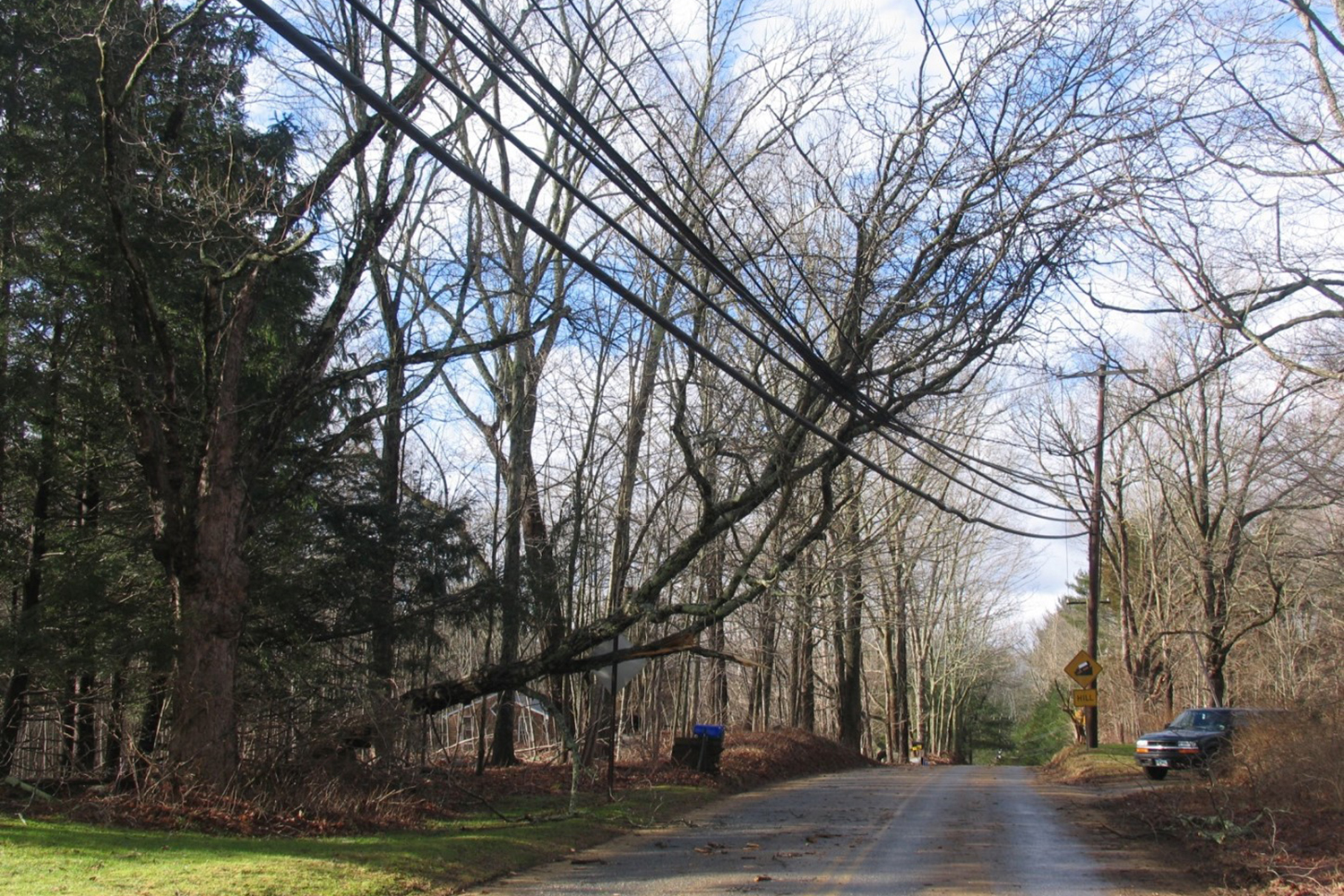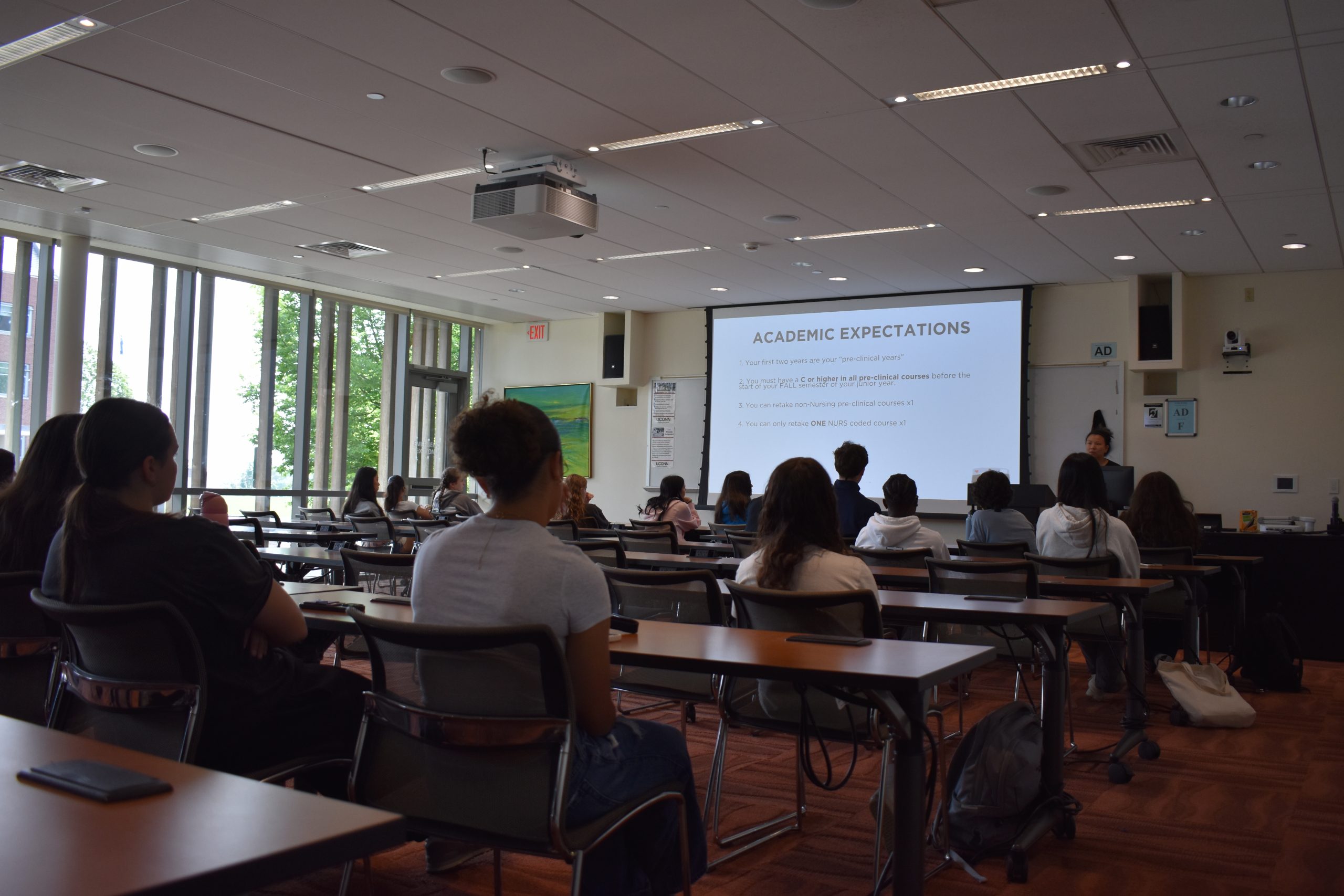With the increasing frequency of extreme weather events, Connecticut residents have become all too familiar with lengthy power outages. While strong winds, heavy precipitation and high tides are the most notable features of such events, 90 percent of Connecticut’s storm-related power outages are caused by falling trees and limbs. Connecticut is the fourth most densely populated state and 75 percent of its land covered by trees; hence, Connecticut’s power outages tend to be widespread, affecting thousands of homes and businesses.
Eversource Energy and UConn have teamed up to address this issue and others in an effort to reduce the severity, duration and frequency of outages across the state and in neighboring communities. In a unique partnership, the Eversource Energy Center was established in 2015 to facilitate collaboration by Eversource managers and UConn researchers to identify risks and develop strategies to help ensure the protection and resiliency of the power grid.
The Eversource Energy Center recently hosted a forum for faculty from a range of disciplines, including natural resources management, engineering and business. Ammanouil Anagnostou, Northeast Utilities Endowed Chair Professor in Environmental Engineering and director of the new center, opened the forum, announcing that the center is seeking research proposals to support the delivery of reliable power during storms. Eversource managers representing vegetation management, engineering and system resiliency discussed the challenges posed by extreme weather and announced that they will invest nearly $1 million to fund six research projects. The selected projects will begin in fall 2016 and continue through December 2017, with the prospect of financing additional research after this time.



